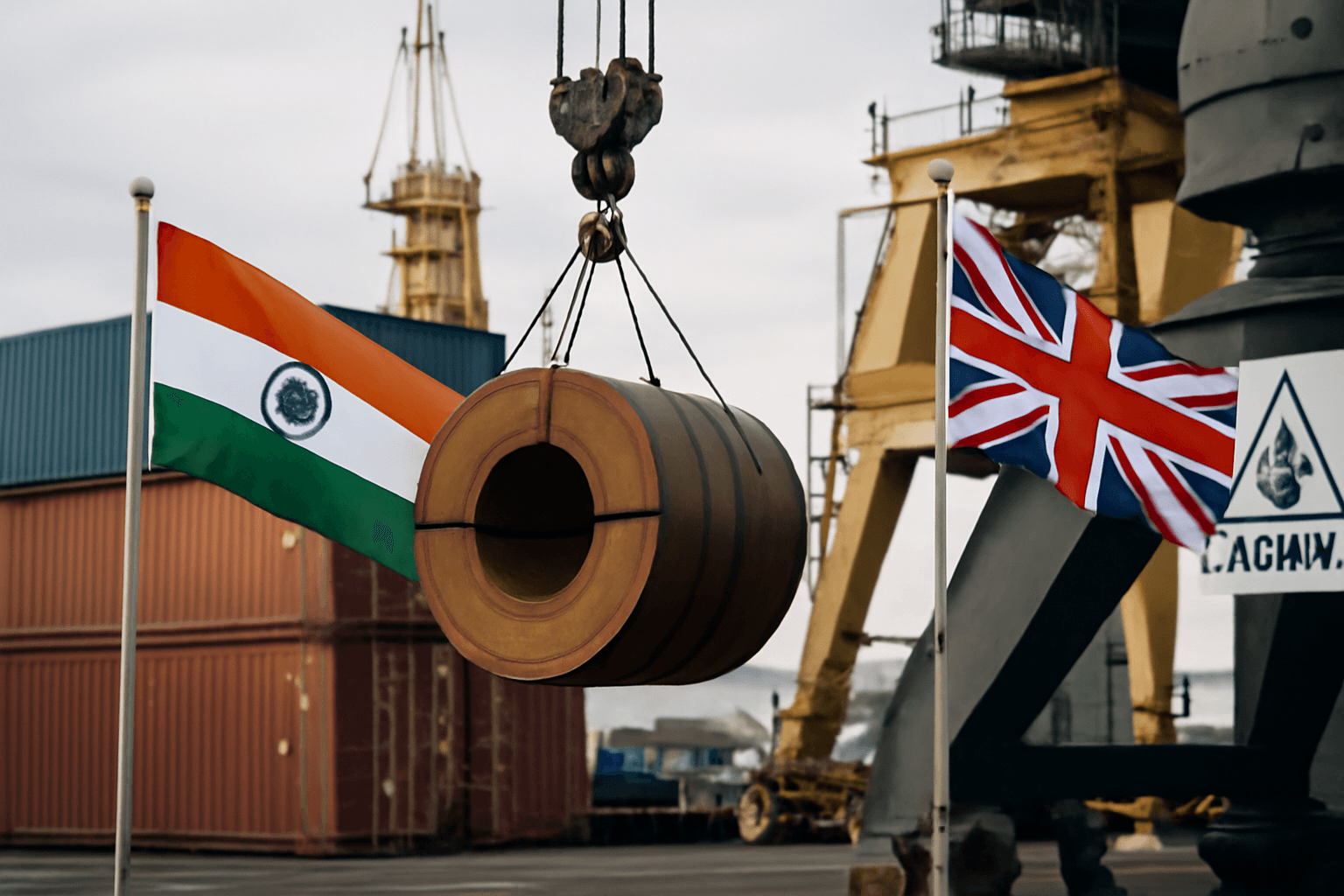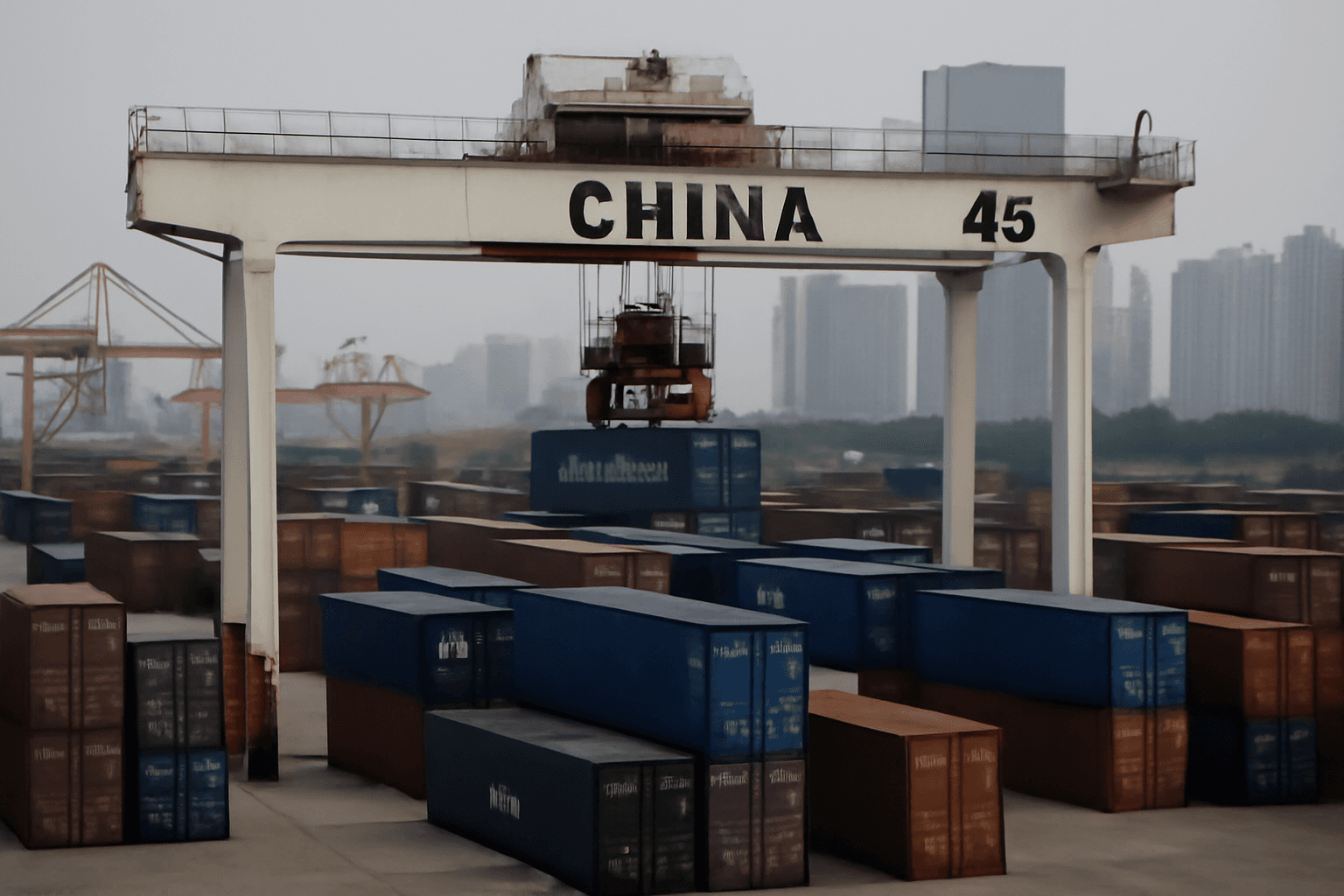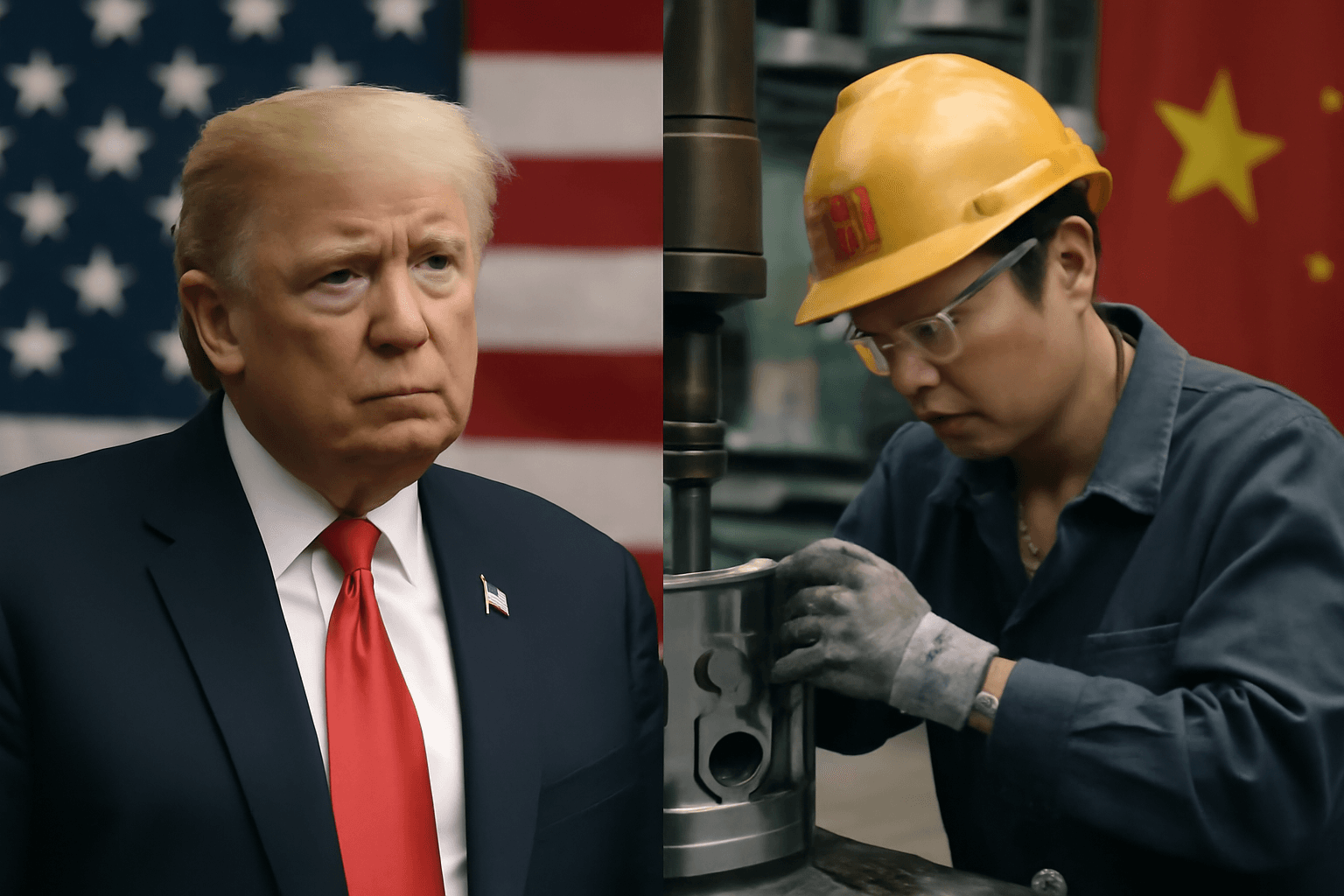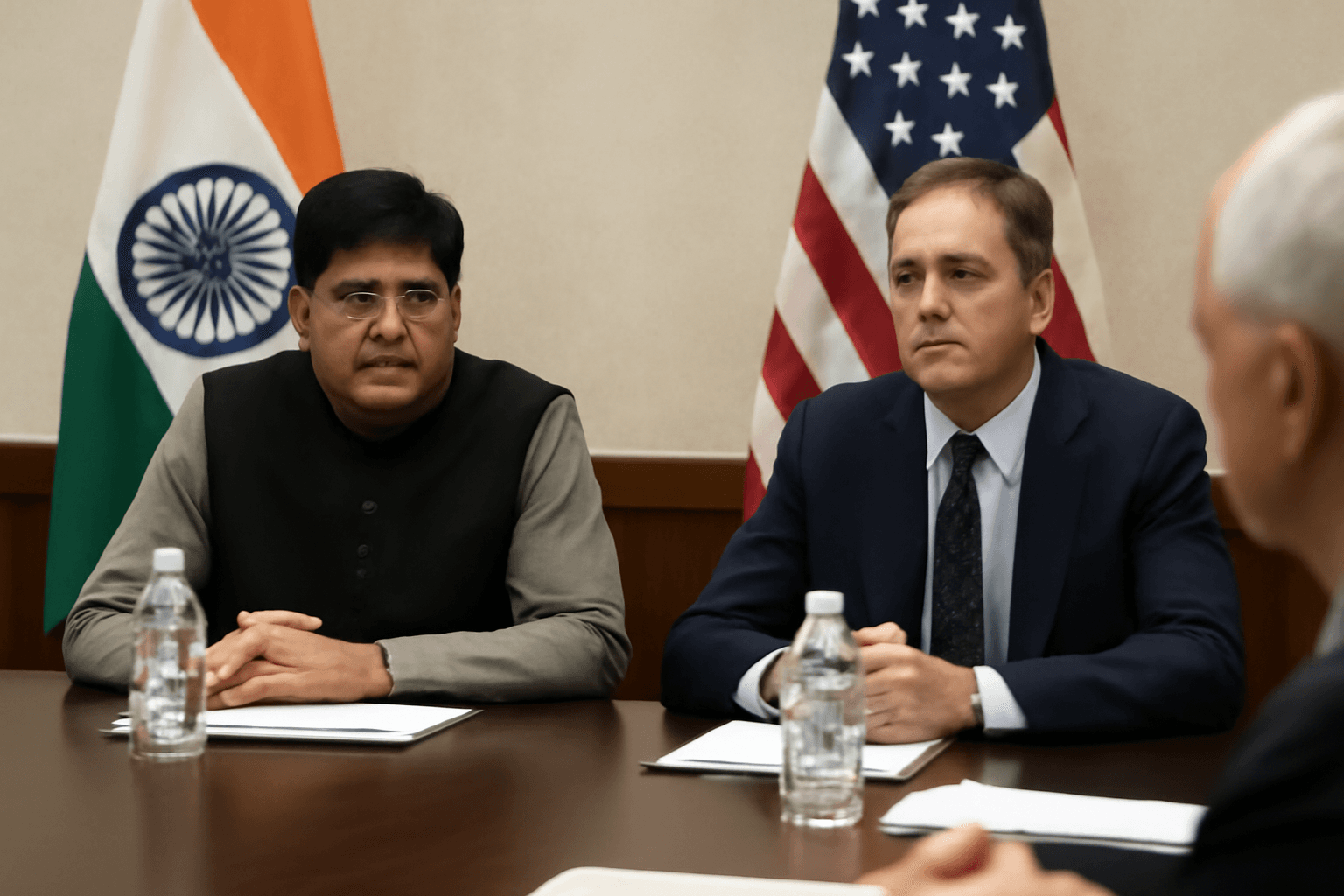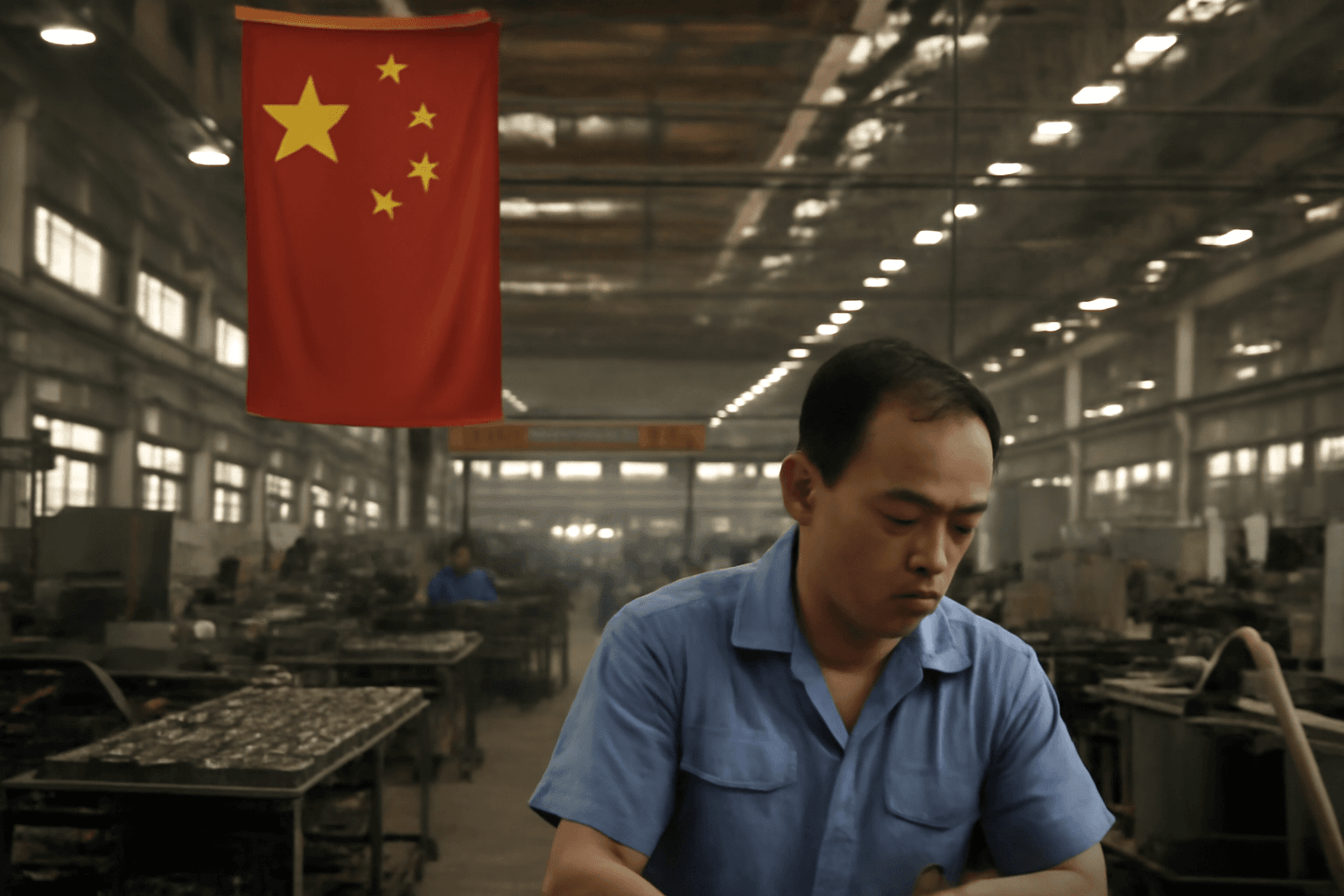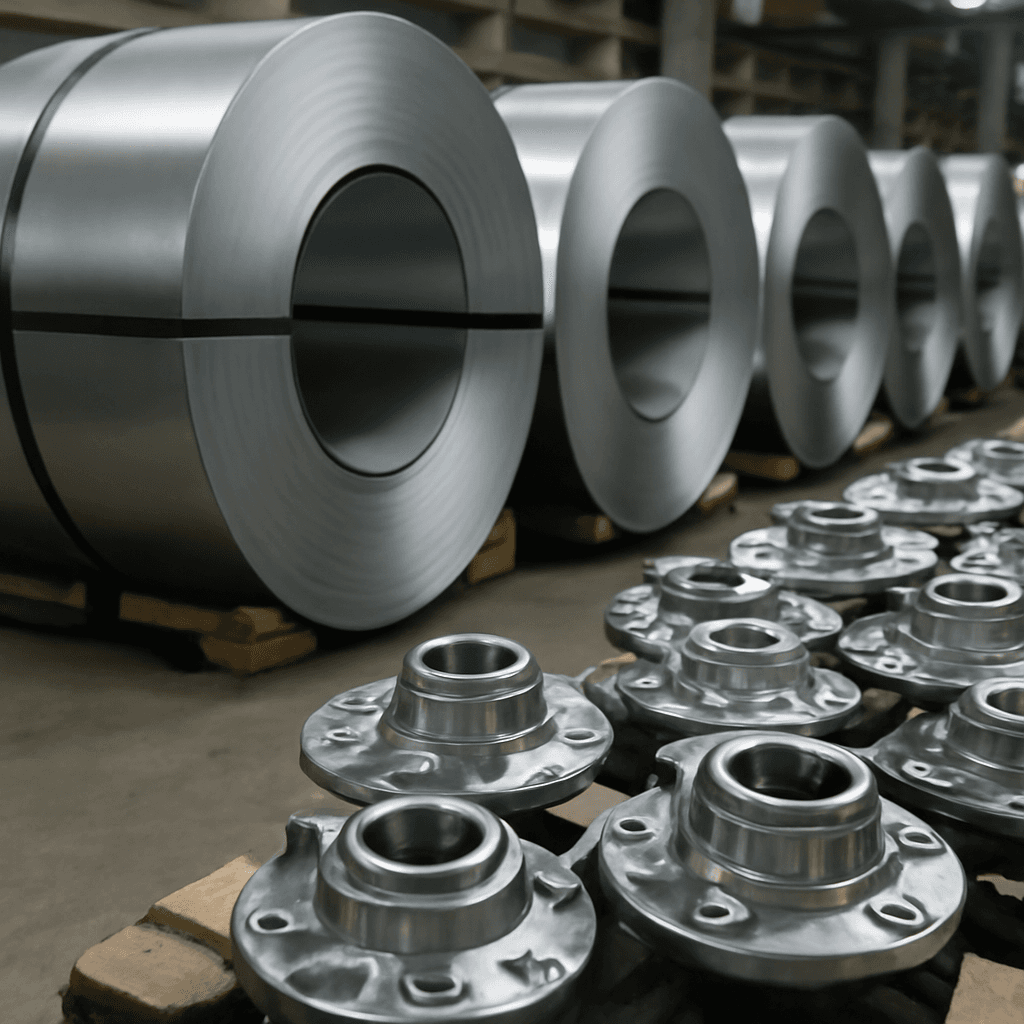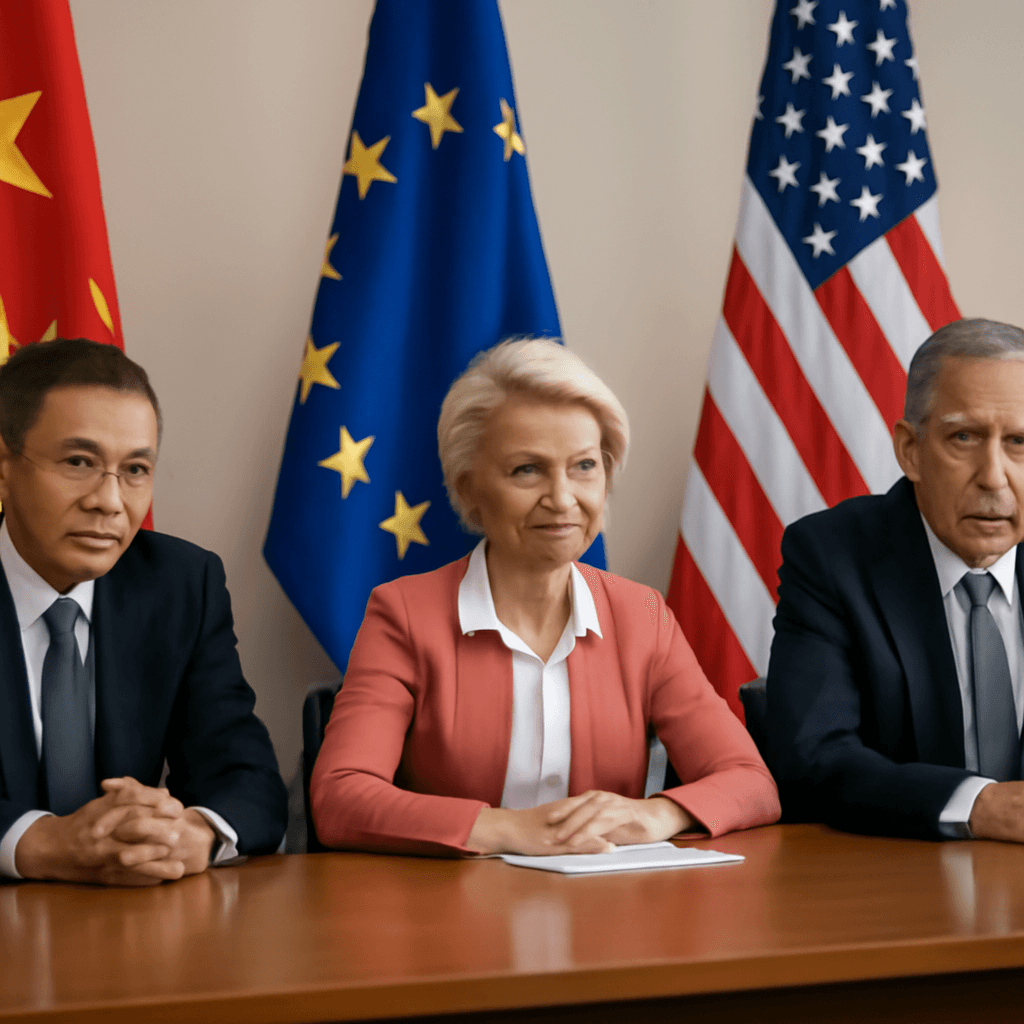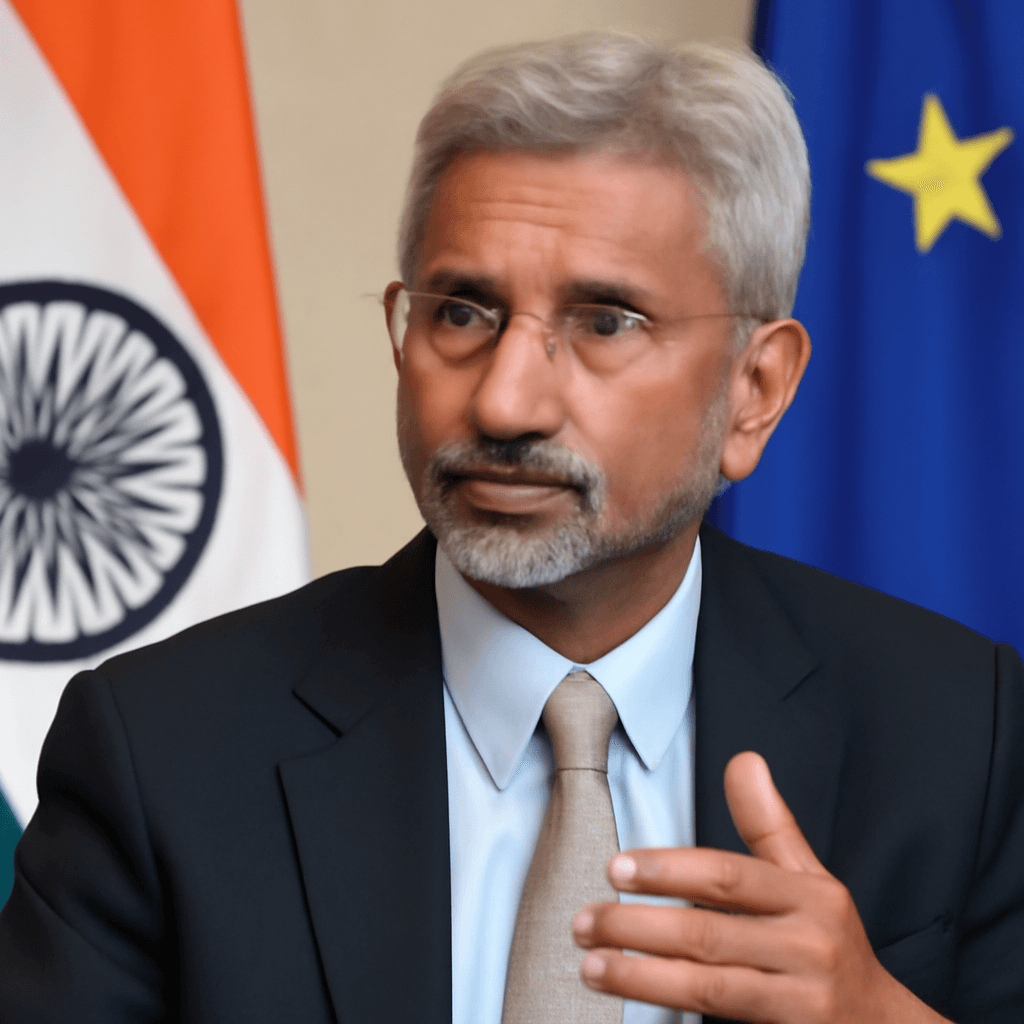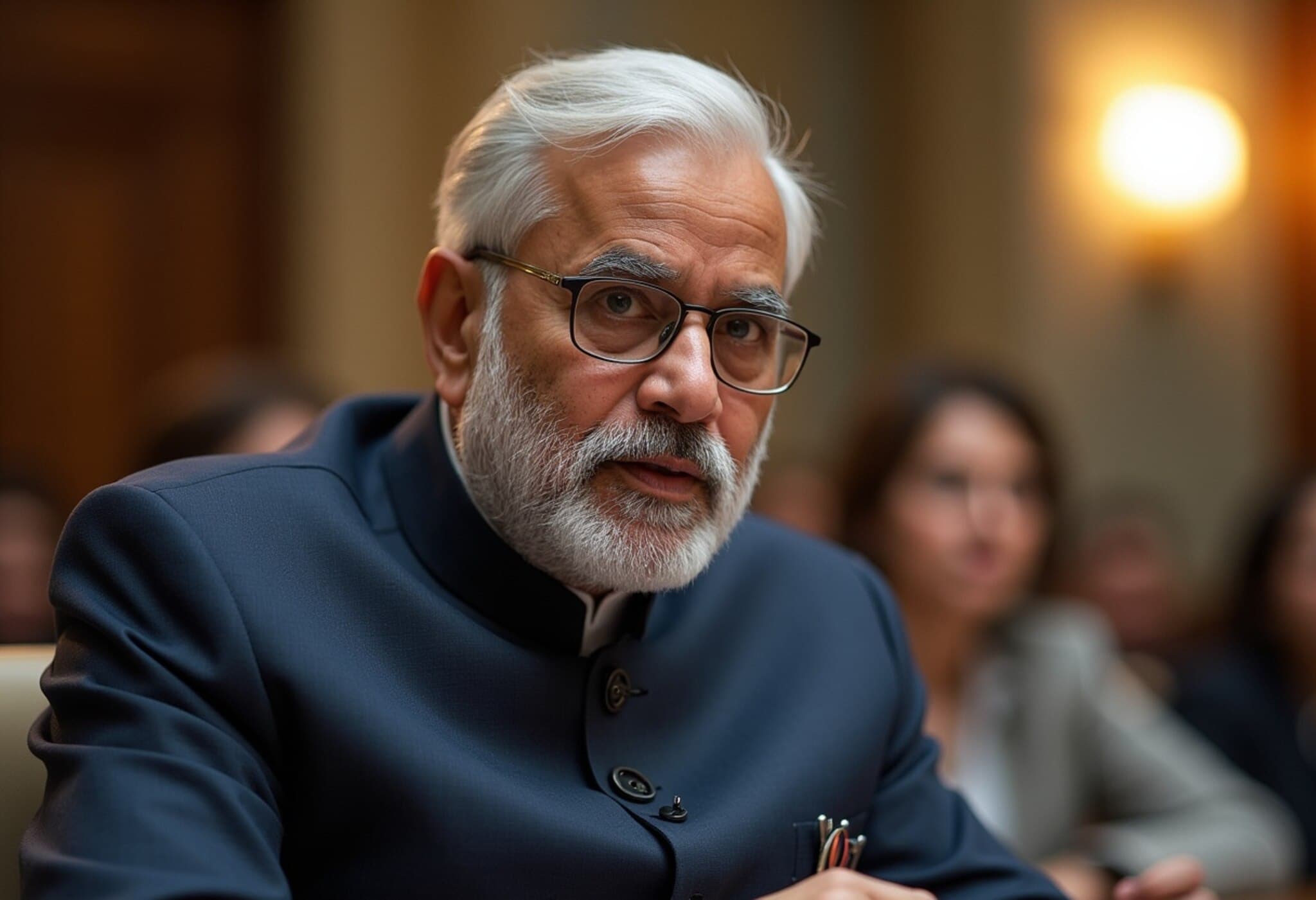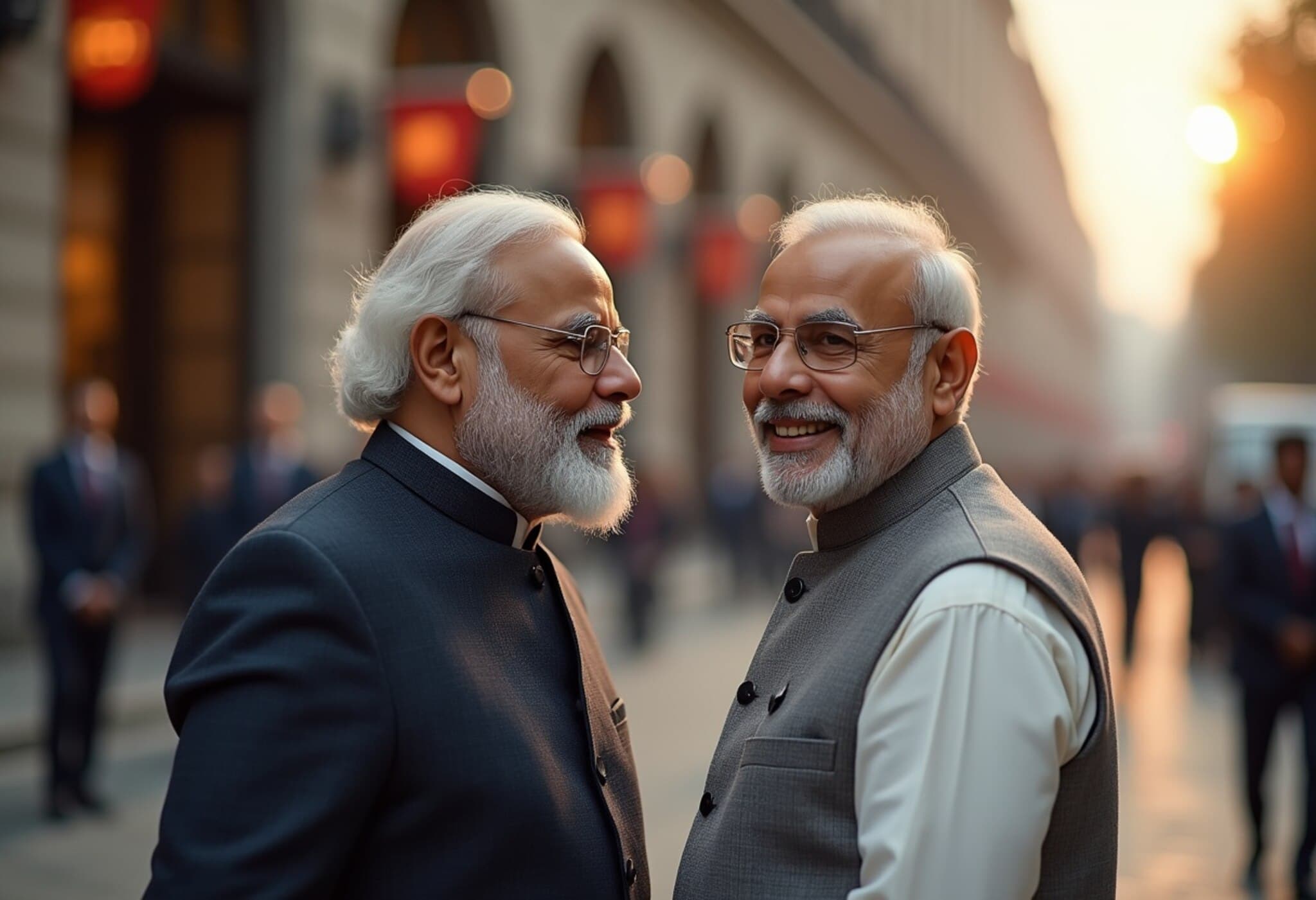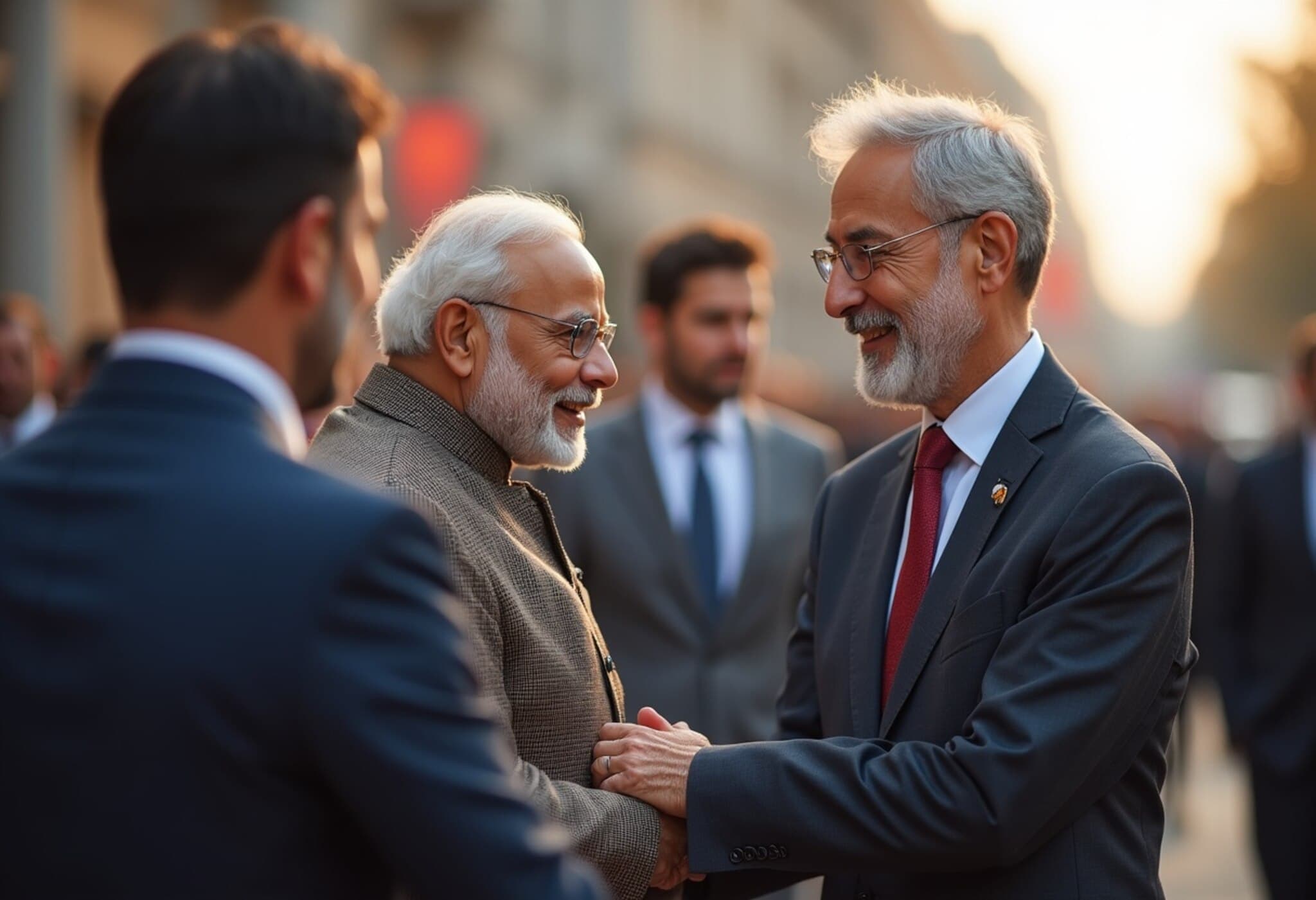Despite the recent signing of a Free Trade Agreement (FTA) between India and the United Kingdom, certain Indian exports, including iron and alumina, continue to face carbon tariff barriers under the UK’s Carbon Border Adjustment Mechanism (CBAM).
The UK-India FTA, finalized on May 6, 2025, following over three years of negotiations, aims to deepen economic ties by eliminating tariffs on 99% of Indian exports and streamlining trade relations. However, exports valued at approximately $775 million remain vulnerable to additional charges imposed by CBAM, which targets products with high carbon emissions, such as iron, steel, and aluminium.
CBAM, originally introduced by the European Union and subsequently adopted by the UK, allows the imposition of tariffs up to 35% on carbon-intensive goods to encourage environmentally sustainable manufacturing practices. This mechanism was not integrated into the FTA framework, as UK officials clarified that such environmental tariffs typically fall outside the scope of trade agreements.
Indian exporters have expressed concerns over CBAM's compliance requirements, particularly regarding the extensive data needed and the risk of exposing sensitive trade information. The Indian government has requested exemptions for Micro, Small, and Medium Enterprises (MSMEs) that may find it challenging to meet these stipulations.
India has contested the legality of CBAM under World Trade Organization (WTO) rules and proposed the introduction of a 'rebalancing mechanism', whereby the UK would compensate Indian industries for any adverse impacts resulting from the carbon tariff.
Trade experts warn that despite the FTA’s provisions enabling duty-free access for the majority of Indian goods, sectors like iron and alumina may face effective tariffs between 20-35%, mirroring CBAM charges. Indian officials have stated the country retains the right to retaliate against economic losses caused by CBAM, including potentially imposing domestic taxes on affected goods. Such measures could alleviate export burdens and generate funds for India's own sustainability projects.
This complex scenario underscores the challenges of aligning trade liberalization with environmental policies. While the India-UK FTA represents a landmark in bilateral trade relations, addressing carbon tariffs remains essential to fully realize its potential benefits for exporters in carbon-intensive industries.

